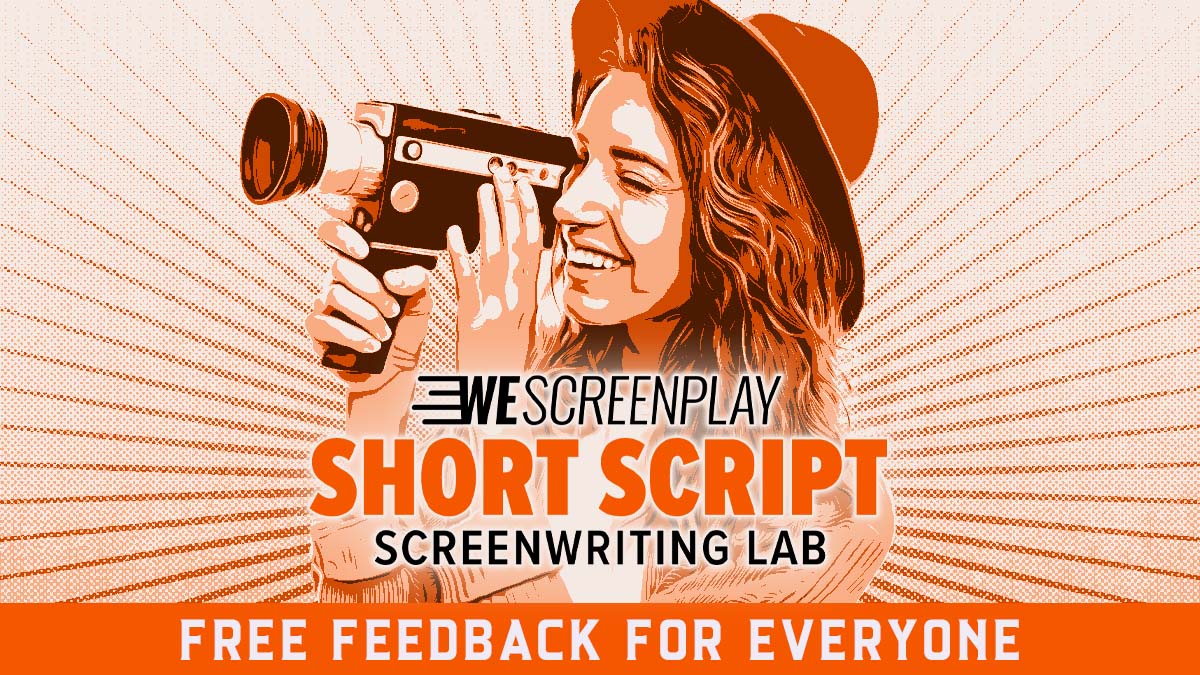Spike Lee is a powerhouse screenwriter and director. In his almost 40 year career in film, Lee has made iconic and groundbreaking films from his directorial debut, She’s Gotta Have It to Da 5 Bloods. In 2019 Lee’s film BlacKkKlansman won the Oscar for Best Adapted Screenplay, which many felt was long overdue.
Spike Lee’s approach to storytelling and his dedication to his craft are remarkable. He advises everyone not to rest on their previous success or degree, but to keep creating a body of work. To him, working on the craft of storytelling is a lifelong commitment. Here are six crucial things you can learn about screenwriting from Spike Lee.
Table of Contents
Write about yourself and write what you know
“Try to pull something from within, find your voice and work on your voice, because everybody does not have the gift of knowing exactly what they want to say. And be honest. A lot of times people have not discovered who they are,” Lee says.
It’s important to pull from your own experiences to write the most authentic screenplay you can.
Complex conflict is key
“For drama, you’ve got to have two people butting heads, and it elevates the drama when what they both are saying is right. Two people who believe in their beliefs and they’re going head-to-head,” Lee says.
Lee’s approach to character is about not creating heroes or villains, but complex people with unique and contrasting point-of-views. Thinking about storytelling this way will help any writer create multi-dimensional characters.
Write by hand
“I like to write, I don’t type. Pen to paper. The way my brain works, this [typing] doesn’t work. It blocks the flow.” Lee says.
Writing by hand may not be for everyone, but Lee is not the only seasoned writer who works this way. Taika Waititi also is not a fan of typing. There’s something about writing by hand that can help with writer’s block and get the creative juices flowing again. It’s definitely something all writers should try.
Don’t be lazy! Perfect your craft
Lee has spoken many times about his experiences as a professor at the graduate program of NYU Tisch School Of The Arts, the film school he attended, and how some students are lazy and think a prestigious degree is all that someone needs to succeed in the film industry. That’s not the case. Everyone needs to do the work. Perfecting the craft of storytelling is a lifelong commitment and there’s no room for laziness.
“If you don’t have the talent, that degree doesn’t mean anything. When you come out of school, you should have… If you’re a screenwriter you should have scripts. So, people really want to see the work that you’ve done.” Lee says.
“Constantly be on it, perfecting your craft. And never get to the point that you trick yourself into thinking that you know it all. It’s a lifelong journey. Just be a good storyteller, and you do that by having a body of work.” Lee says.
Love what you do
Although Lee is talking about filmmaking and being successful in general, the same principle applies to screenwriting. If you are pursuing this career just for the money, you might want to rethink your choices.
“I did not become a filmmaker because I wanted to be famous. I did not become a filmmaker because I wanted to make a lot of money. I became a filmmaker because I found something I love. If you want to be happy, have a happy life, and not be miserable, find something that you love,” Lee says.
Believe in your work
“Write the movie you’d like to see”, Spike Lee said, as he was quoting many other influential artists he’s spoken to.
“I think the storyteller has to believe in the story they are telling. Because if you don’t believe in it, the audience is not going to believe in it.” Lee says.
Spike Lee’s approach to storytelling
Keep creating always! Love the work that you do. Write the movie you want to watch. Develop your voice and don’t be lazy. And if you have a feature-length screenplay, take the next step in your screenwriting career and submit to our Feature Screenwriting Competition.

Julia Camara is an award-winning Brazilian screenwriter/filmmaker. Julia won a Telly Award for the sci-fi found footage feature Occupants. Julia’s feature directorial debut In Transit, won Best Experimental Film at four different festivals. Julia’s other writing credits include Area Q and Open Road.

















